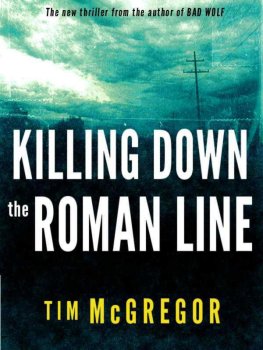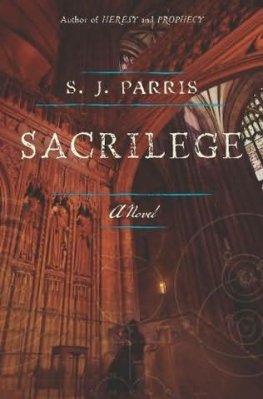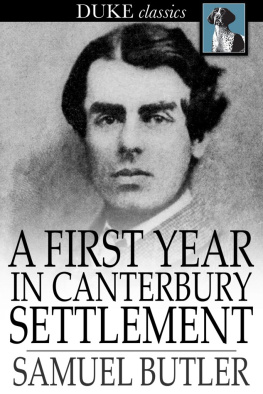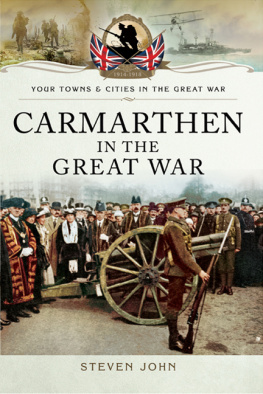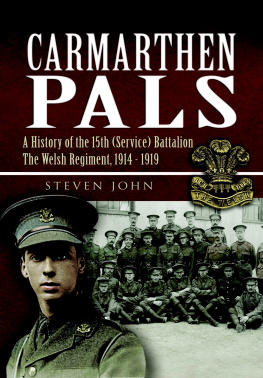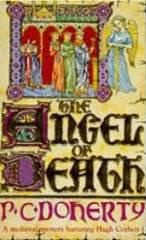
The Medieval Murderers
The First Murder
The eighth book in the Medieval Murderers series, 2012

Prologue- In which Ian Morson tells of Prior Wigod of Oseney Priory writing The Play of Adam, and how the worlds first murder of Abel by his brother Cain is enacted with equally murderous results.
Act One In which Susanna Gregory relates how The Play of Adam travels from Oxford to Carmarthen in the year 1199, and the castles constable and his wife encounter murder among rival clerics.
Act Two In which Karen Maitland tells how the townspeople of Ely fear that The Play of Adam has unleashed a demon upon the town, after a gruesome discovery is made in the cathedral.
Act Three In which Philip Gooden tells the story of a playwright who wishes to obtain revenge on William Shakespeare and comes to an unfortunate end, while player Nick Revill faces the secret agents of the Privy Council.
Act Four In which Ian Morson writes about Doll Pocket satisfying her yearning to become an actress, while Joe Malinferno struggles with the mystery of Egyptian hieroglyphics. Unfortunately, the rehearsals for the newly discovered Play of Adam result in a murder. But has it to do with thespian jealousies, or something much more arcane?
Epilogue- In which Bernard Knight recounts how The Play of Adam is revived by an academic department during the Second World War, which provides an unexpected finale.

I am gracious and great God without beginning.
I am maker unmade; all might is in me.
I am life and way, unto weal winning.
I am foremost and first; as I bid, shall it be.
The bliss of my gaze shall be blending
And flowing from hardship protecting;
My body in bliss still abiding,
Unending, without any ending.
Prior Wigod carefully put down his quill so as not to splash the ink from the nib, and leaned over his work to admire it. He muttered the words he had written to himself, then with an improper sense of pride, got up from his chair and stomped around speaking them out loud. He grunted with pleasure. The words sounded fine echoing round his private parlour. So he knew they would be even more portentous carrying out over the assembled crowd of common people who would come from nearby Oxford to stand before the main doors of Oseney Priory on Easter Sunday in the year of our Lord 1154. Perhaps he would play the part of God himself. Why not? He was prior of the recently augmented Augustinian community, and this play was to be performed to mark their first twenty-five years.
He looked at the words he had written once again, some admittedly borrowed, it was true, but some his own. Mostly his own, he liked to think. And they were written in the vernacular in order to reach the hearts and minds of the ordinary people of the town. The community he led, instituted by Robert DOyly, was of the Canons Regular of St Augustine, and part of their role was preaching and teaching. Feeling an unseemly swelling of pride in his breast, before retiring for the night he hurriedly kneeled before the large crucifix that hung on the eastern wall of his parlour. Bowing his head, he prayed to the Lord for His forgiveness for the sin of pride.
At daybreak, Brother Paul, who was designated the careful brother by the prior because he could be relied on to see that all things were done at the appointed time, rang the bell to rouse the brethren. This was the call to dress and enter the church for prime, the first daylight service of the seven offices ordained by the psalmist. Paul muttered the relevant words under his breath as he cheerfully and lustily tolled the bell.
Seven times a day do I praise Thee because of Thy righteous judgement.
On that cold March morning, Brother Wilfred was the last of the brother canons to rise, and had to hurry from the dormitory, through the cloister court, and into the church transept, where he received a severe look from the prior. Wilfred was often late and regularly chastised for his misdemeanour, but it made no difference. He was young and still not used to breaking his rest at midnight to the sound of Pauls sleepless bell, only to return to his austere pallet and rough blanket after singing matins and lauds in a dark and cold church. He felt he had only just closed his weary eyes again when the prime bell rang. This morning, like so many before, he found himself stifling a yawn. On the other hand, he could not help but notice the bright fervour that shone in Pauls eyes at the final exhortation to let everything that hath breath praise the Lord.
The careful brother was no older than Wilfred, but had been rewarded for his zeal by the prior. His recent appointment as the toller of the bells that regulated the daily affairs of the priory had filled Wilfred with envy, though he did not know why. The last thing he wished for himself was to have to be awake before everyone else in order to rouse the Augustinian community out of their beds. Its just that envy was Wilfreds natural state. He envied the rotund Brother William, who had long held the position as kitchener, because he obviously filled his belly with extra food. He envied Brother Alfred the infirmarian, because he had an easy time tending the sick and elderly monks, which kept him indoors on cold and inclement days such as today. And he envied Brother Roger, who was the cellarer and had access to the stores where the casks of wine were kept. From Rogers sometimes unsteady gait, Wilfred suspected him of sucking the monkey, as the novices called it. This practice involved sticking a long piece of straw in the bunghole of a cask and sucking out the contents without apparently broaching the barrel.
Wilfred knew why he envied all these people, but he could not say why he especially envied Brother Paul. Perhaps it was not because of his position, but due to the fact that he and Wilfred had begun as novices on the same day. And yet Paul had progressed so much further and faster than Wilfred. Even the next ritual of the long day reminded Wilfred of his junior status. For it was in order of seniority that the canons silently processed out to the cloister to wash their hands and faces at the stone trough that ran the length of one side of the court. Wilfred was in the rearmost echelon, preceding only the young novices who had just begun their long journey towards priesthood. As he stood in the lengthy queue for these ablutions, Wilfred heard one of the novices behind him, unused to the rules on silence, whispering to the young boy next to him a choice piece of news that Wilfred had not heard.
I heard it said that the prior has written a play to be performed as part of the Easter liturgy.
The other novice must have been more concerned with observing the Augustinian rules. Wilfred heard only a noncommittal grunt from him before the novice-master scurried past him towards the original offender. Wilfred, his eyes still looking ahead, heard the crack of an open palm on tonsured head. The offending novice had been duly reprimanded for his infraction. But not before he had planted a seed in Wilfreds head.
Of course, it could be nothing but the exaggeration of an overwrought boy, this talk of a play. For many years the canons of Oseney Priory, built on the southernmost arm of the water meadows close by the walls of the university town of Oxford, had included small dramatic episodes in the Easter liturgy. On Easter morning, after the third responsory of matins, two canons clothed in albs walked to where a wooden cross had been laid on the floor of the church just below the altar. It represented a grave, and they seated themselves there until three more canons carrying censers and representing holy women, joined them. At this point one of the seated canons in the guise of an angel asked the holy women, Whom do you seek? The three canons answered, Our Lord, Jesus Christ. The angel then gave the holy women the message of the Resurrection, and told them to go forth and proclaim it. They then intoned the antiphon,
Next page



